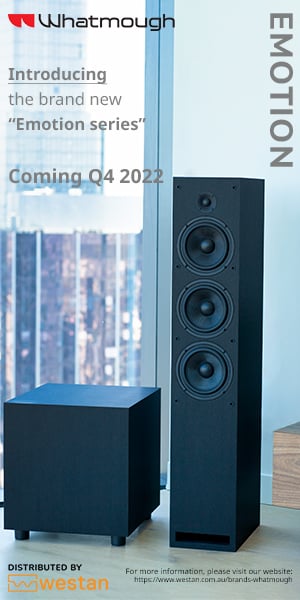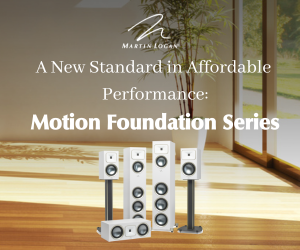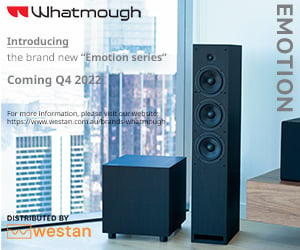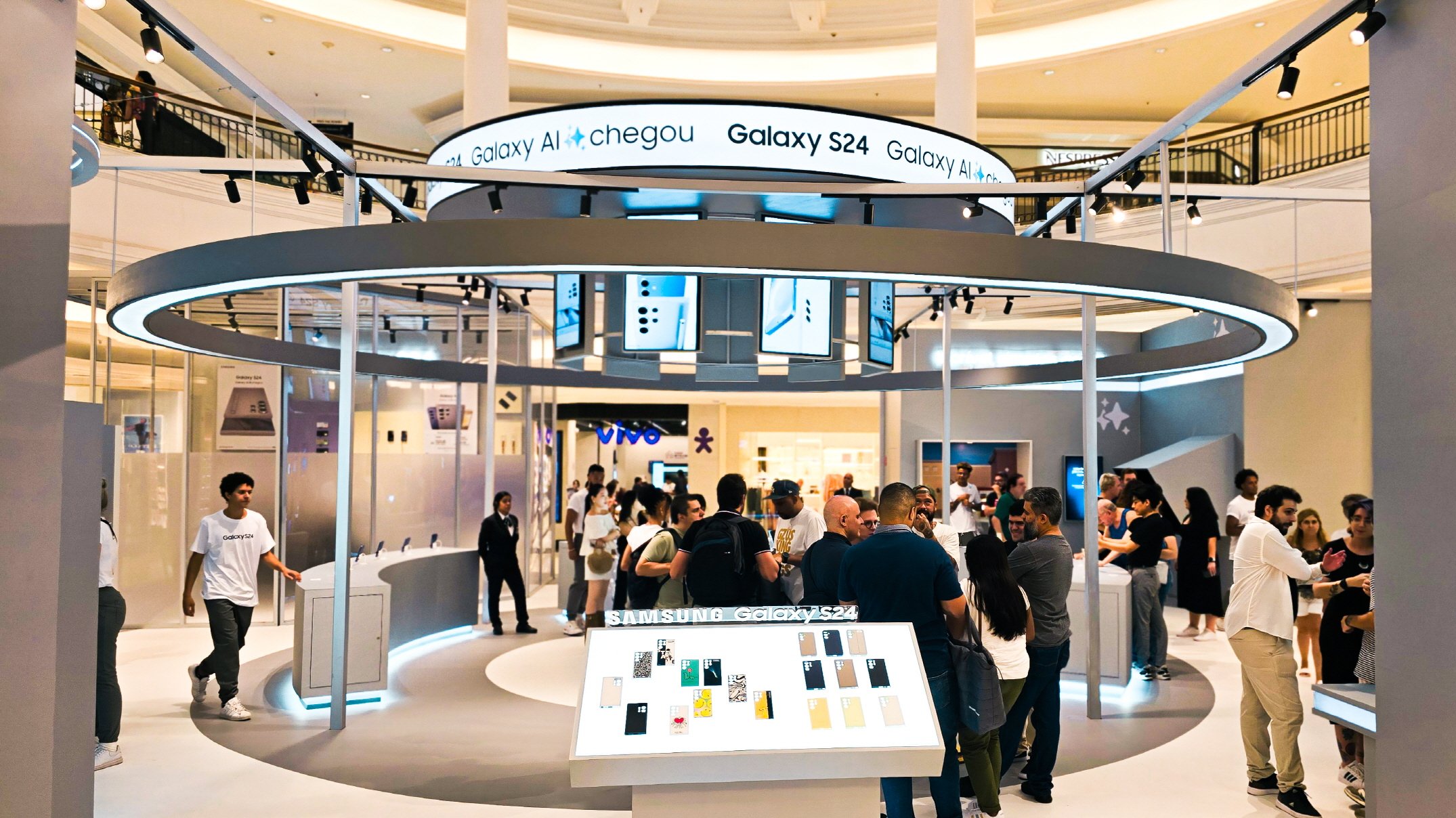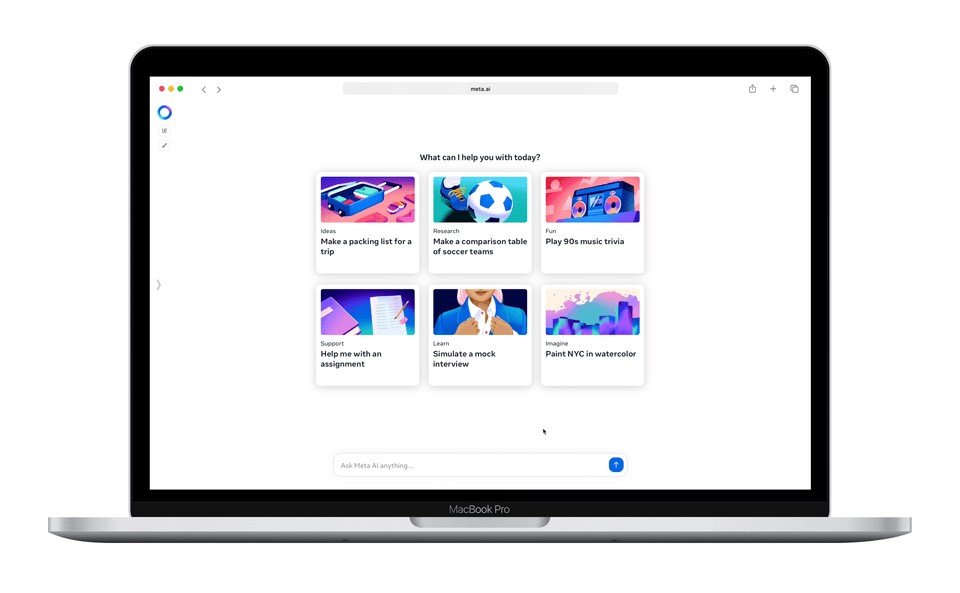More than half of existing owners of smart speakers are dissatisfied with the audio quality of their device, according to new findings from market research outfit Futuresource.
According to a new audio tech lifestyles consumer survey, conducted in the USA, UK, Germany, Japan and China, more than half would be prepared to pay more.
The study, carried out during March and April 2019, explores the behaviours, purchase motivators and future intentions of more than 10,000 consumers.
Music playback remains the key use for a smart speaker. More than half of smart speaker owners declared they can’t live without this feature, says Jack Wetherill, Principal Consultant, Futuresource Consulting. However, another 30 per cent said they don’t use their smart speaker for music at all. Alternative uses include weather and news updates, asking questions, controlling the TV and setting reminders.
Smart home use is high. Around 60 per cent of smart speaker owners, or intended owners, are interested in the ability to control other smart devices, with the top activity varying by country. For example, video doorbell control was popular in the USA, but smart power topped the list in the UK and Germany.
Most respondents who have both a premium music streaming subscription and a smart speaker said that they obtained a streaming music subscription first, suggesting that music streaming is driving smart speaker uptake, rather than the other way around. However, this trend falls away as the respondent’s age increases, and no pattern emerges for the over 35-year-olds. From age 65, smart speaker purchase is the driver of music streaming subscriptions.
“The premium music service taking the top spot varies by country,” explains Wetherill, “with Apple Music at number one in the USA, Spotify the service of choice for both the UK and Germany, and Amazon Music Unlimited sneaking into first place in Japan.”
Privacy continues to be a barrier to smart speaker uptake, with over three-quarters of all respondents having some privacy concerns. However, most say the benefits outweigh the risks. German respondents are most concerned about privacy, with 19 per cent saying it’s the reason they won’t buy a smart speaker. Respondents over 45 years old are almost twice as likely to be put off buying due to privacy issues compared to under 25s.
When it comes to smart soundbars, over two-thirds of owners listen through these devices when watching TV, with almost 80 per cent also listening to audio-only content through their soundbar with the TV switched off.





















